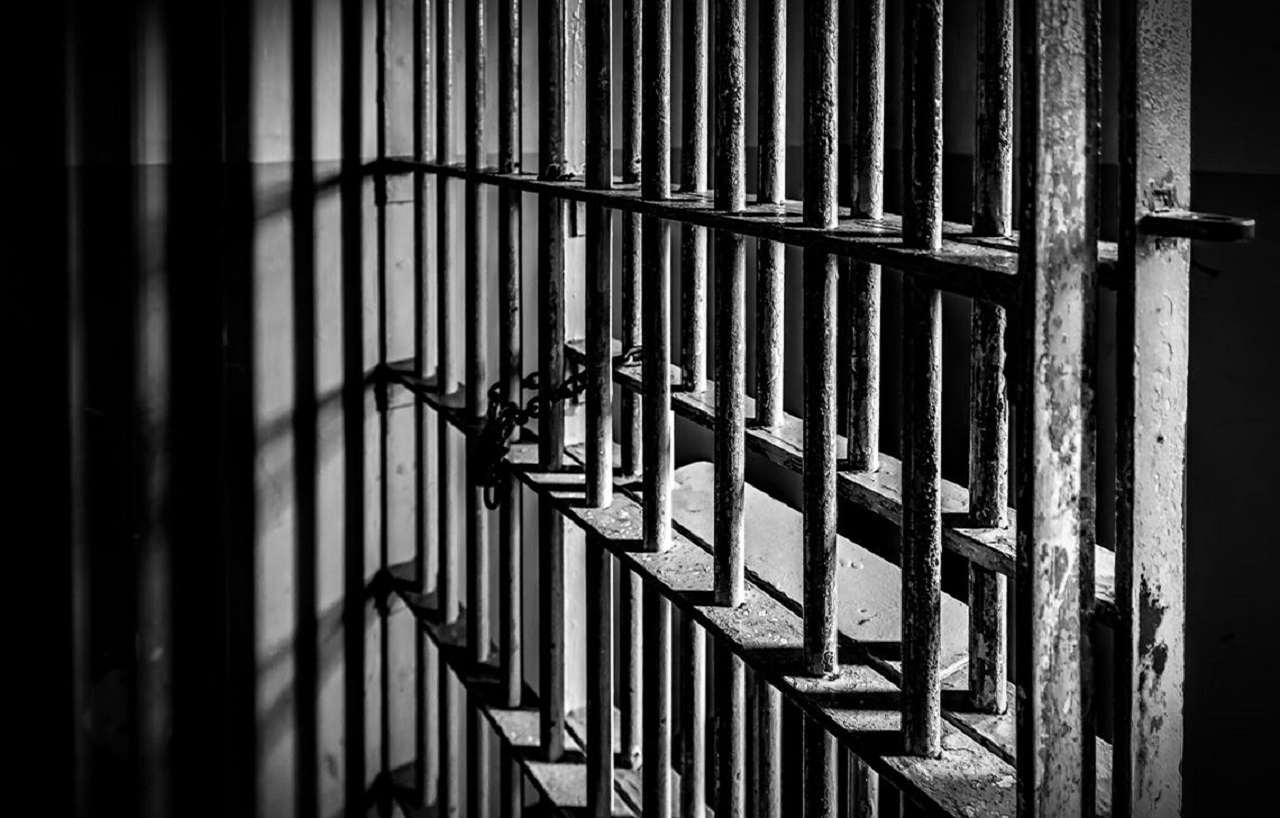Jailed under-trial leader Altaf Ahmad Shah (66) is dead. Shah was a political prisoner, that too from Kashmir. His death is yet another instance of the routine violation of the rights of political prisoners and those arrested under UAPA. The death of Mr. Shah foretells or rather underlines that such chronicles will repeat themselves unless jail conditions are improved, jail authorities held accountable, bail made a right and the accused not singled out for their political beliefs. – PUDR
Peoples Union for Democratic Rights (PUDR)
Delhi
11 October, 2022
Press Statement
Condemn the Death of Aftab Ahmad Shah
Jailed under-trial leader Altaf Ahmad Shah (66) is dead. His death does not come as a surprise. By the time Mr Shah was diagnosed with advanced renal cancer on 30th September at Ram Manohar Lohia Hospital (RMLA) and shifted to AIIMS on 5th evening, it was already too late. The doctors at AIIMS could not begin treatment because Mr. Shah was already on life support and his body too weak to withstand treatment.
Mr. Shah’s death was totally avoidable. Cancer doesn’t develop overnight. His daughter had drawn attention to his advanced diabetes, hypertension and other co-morbidities in May 2020 in the context of the temporary release of prisoners during the Covid pandemic. From August, 2022 Mr Shah’s health rapidly worsened. He began to suffer chronic pain. The Tihar Jail authorities dithered between the Jail hospital and Deen Dayal Upadhyay Hospital (DDU), finally shifting him to RMLA in the 3rd week of September when he was already on a ventilator. Even after the renal cancer which had metastasized into his lungs and bones was detected more than a week later, the jail authorities took another 5 days to shift him to AIIMS on the evening of 5th October. On the 4th the Delhi High Court had ruled that Mr. Shah be immediately shifted to AIIMS, but the Jail officials delayed it by another day.
The saga of delays and negligence is further underlined by the Medical Report from RMLA dated 3rd October, which states that it was being issued in response to a request from NIA on 1st October. The Report concludes:
“Currently the patient is critically ill with multiple organ dysfunction requiring life-support (ventilator and Inotropic support).
The patient requires oncology support and PET scans which are not available in our hospital, therefore the patient needs to be shifted to a centre abovementioned facility”. (sic)
Questions immediately arise as to why didn’t RMLA make the report available earlier given Mr. Shah’s critical condition and the lack of facilities; why did the NIA not pursue the matter with RMLA though the case for transfer was to be heard on 3rd October and finally, why did the NIA contest the transfer before the HC on the 3rd on the grounds that the Medical Report wasn’t available?
The answer is that Altaf Ahmad Shah was a political prisoner, that too from Kashmir. His death is yet another instance of the routine violation of the rights of political prisoners and those arrested under UAPA. Some of the deaths of political prisoners which received media attention are those of Kanchan Nanaware (38) of a botched up brain surgery in January 2021, Stan Swamy’s (83) due to Covid in July 2021, Pandu Narote’s (33) of swine flu in August 2022, Altaf Ahmad Shah’s (66) of cancer in October 2022. Imprisoned at Central Jails: Yerwada Central Jail, Taloja Central Jail, Nagpur Central Jail and Tihar Central Jail, respectively, where medical facilities are supposedly better they yet fell prey to medical negligence. The similarities are striking: all the victims were accused under UAPA, all were undertrials with the exception of Narote whose case was up for appeal, all were denied bail including medical bail. The families were not allowed to intervene: Ruwa Shah was allowed to meet her father only when he was shifted to AIIMS, Kanchan’s and Pandu’s families were not informed about their medical condition. In the well-known Bhima Koregaon cases where families have had to constantly approach the courts for every small health issue, Vernon Gonsalves had to beg with folded hands to be taken to a hospital other than the Jail hospital.
The vulnerability of prisoners under UAPA is inbuilt into the law. With bail being close to impossible under UAPA, the dependence of UAPA detenues on jail authorities is absolute. The NIA’s arguments for contesting bail remain the same: that the offence is heinous, that there is prima facie evidence of guilt, that the accused would tamper with evidence if given bail, that the ill prisoner could be treated within the Jail hospital and if the need arose the jail authorities would shift the patient to Hospitals outside. This logic informs other institutional responses too. The NIA courts routinely turn down bail on this basis. Significantly, the High Powered Committee on decongesting prisons during the Covid pandemic in its order excluded those accused of terror crimes from temporary release, their age and co-morbidities notwithstanding, thus prioritising the yet to be proved crime over the prisoner’s rights to health and life. Such deaths due to systemic medical negligence on the part of jail authorities, and the absence of all accountability, makes these cases of custodial violence. That too, with state sanction.
The death of Mr. Shah foretells or rather underlines that such chronicles will repeat themselves unless jail conditions are improved, jail authorities held accountable, bail made a right and the accused not singled out for their political beliefs.
PUDR demands:
- Registration of criminal cases against the Jail Superintendent and Medical Officer(s) of Tihar Jail.
- Inquiries against DDU and RMLA Hospitals for negligence.
- Medical bail be made a right for all prisoners.
- Compensation to families of all prisoners who die in judicial custody
Deepika Tandon and Shahana Bhattacharya
Secretaries, PUDR (pudr@pudr.org)

